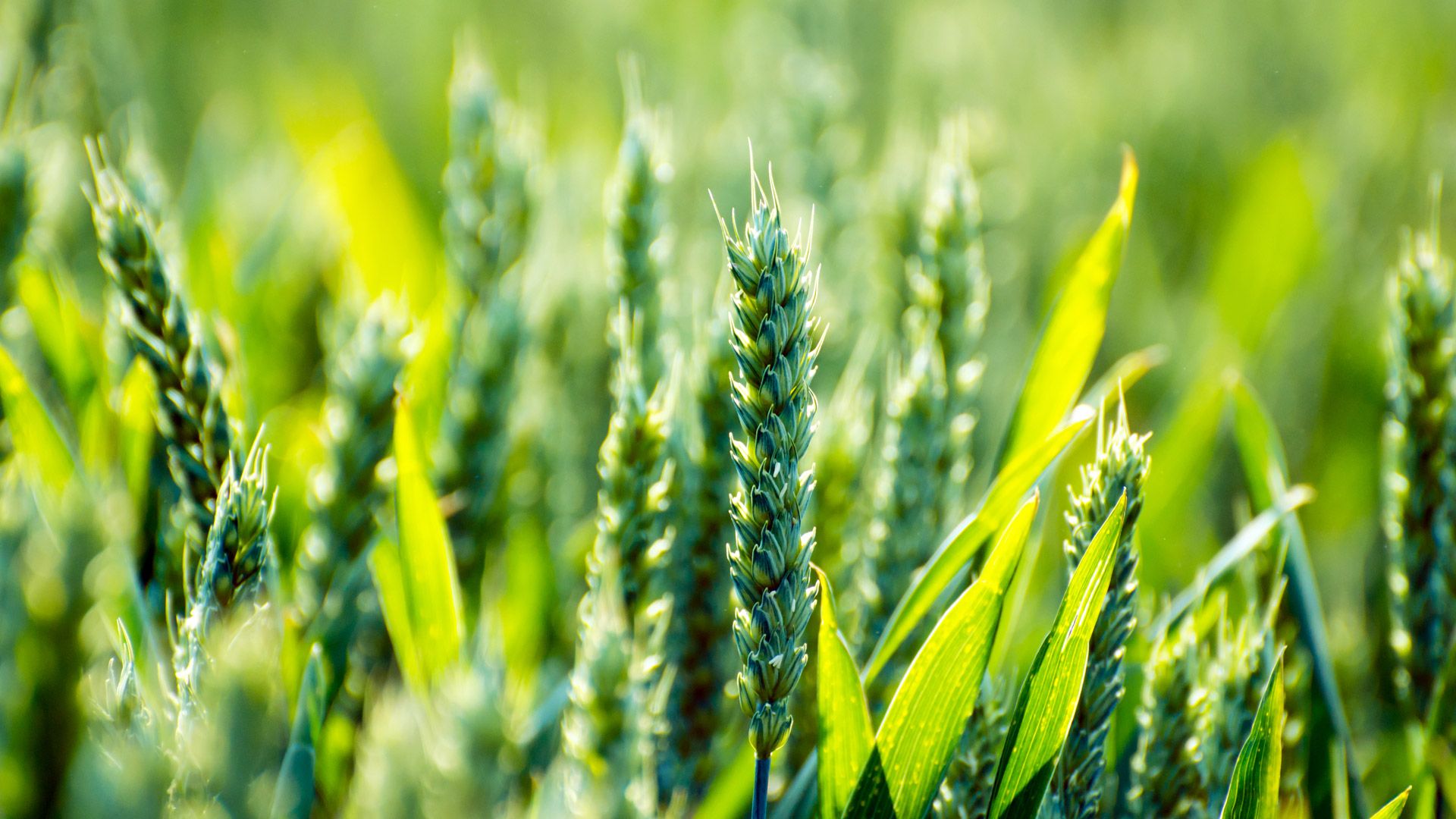The primary goal of our agriculture is to feed the population, with quality products, whilst preserving the planet´s ecosystems and the vitality of our rural areas.
The current situation is not good for farmers, consumers, nor for the environment. However, those who suffer most are the arable and livestock farmers who face great uncertainty over their future. Perhaps because of this, agricultural activity is less attractive for young people, and there is little generational change. We need change and progress to strengthen the role of European agriculture and give it a long-term perspective. Taxpayers rightly ask us to link our policies more closely to high quality food, human health, the fight against climate change, protection of our environment, animal welfare, and safeguarding jobs in agricultural and rural areas. It is up to us to listen and to involve farmers in these changes so that they can take their rightful place at the heart of society, and at the heart of the European project.
Beyond Europe, in the context of globalization, while continental states like China and Brazil are increasing their budgets for agricultural and food policy, it would be illogical for us to reduce them at EU level.
It is urgent that Europe accepts its international responsibility and sets up a real strategic food autonomy plan, safeguarding its food and agriculture capacities while free trade agreements continue to be developed. Potential benefits as well as negative impacts of increased competition and agricultural concessions in trade negotiations must be seriously examined, to ensure the right economic balance and that they do not threaten sensitive sectors of European agriculture, and with them many of our rural areas and territories. Fairness and balance have to be the leading principles for trade agreements. At the same time, the agricultural sector must prepare itself for the uncertainty surrounding Brexit and the repercussions this may have on the EU´s budget and trading markets. Our food security needs require us to refocus on our agricultural activities and this implies that the EU must evaluate carefully the impact and scope of its free trade agreements, and help revive a new multilateral order based on cooperation between stabilizing and sustainable agricultural policies, in order to ensure better income stability. It is first and foremost what our farmers want us to do.
European agriculture needs a brave and innovative approach! We need a revolution in our agricultural policy, and we need it now!
The agriculture we need...


